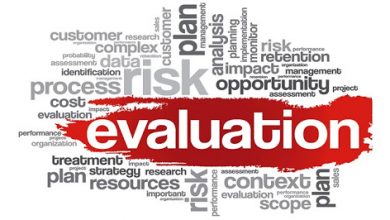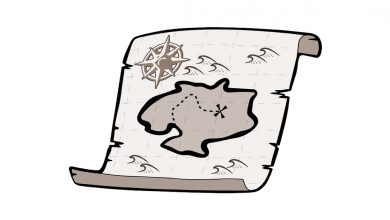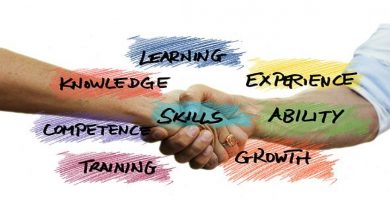The fundamental principle of non-formal learning as an educational practice.
Elements that trainers should always take into consideration and transfer into a learning experience.

Introduction:
Trainers should be aware of the wider pedagogical background of non-formal learning and having a clear understanding of the importance of their values and key principles. The understanding of those principles is the basis for transferring into learning experiences.
Trainers can not only run activities or propose exercises without having clear the framework in which they are working, being aware of the values that move the spirit of non-formal learning. If those elements are not clear, the activity loses the inner sense and also the impact on the learners will be lower.
Content:
Based on the work on the Council of Europe developed in the last years, we can summarise that:
Essential features of non-formal learning are:
• balanced co-existence and interaction between cognitive, affective and practical dimensions of learning
• linking individual and social learning, partnership-oriented solidary and symmetrical teaching/learning relations
• participatory and learner-centered
• holistic and process-oriented
• close to real-life concerns, experimental and oriented to learning by doing, using intercultural exchanges and encounters as learning devices
• voluntary and (ideally) open-access
• aims above all to convey and practice the values and skills of democratic life
(Source: Council of Europe Symposium on Non-Formal Education: Report, 2001)
The features emphasize conditions for learning that might have a variety of purposes and be very different – showing that people working in the youth sector understand non-formal learning as firmly rooted in practice and the relevant context – and which inform the palette of non-formal methods as shown below:
• communication-based methods: interaction, dialogue, mediation
• activity-based methods: experience, practice, experimentation
• socially-focused methods: partnership, teamwork, networking
• self-directed methods: creativity, discovery, responsibility
(Source: Council of Europe Symposium on Non-Formal Education: Report,2001).
+[Exercises / how to apply it in everyday work]
In order to reflect on our practices and how we work and understand as trainers such definition, there is an interesting exercise proposed by the Compendium of Non-Formal Learning )https://rm.coe.int/2012-compendium-non-formal-education/168077c10b) that could be used this scope. This tool has been developed for evaluating one training course run by CoE and analyze which part and elements were belonging to non-formal or formal framework keeping in mind that in a learning process they are in a continuum.
You can try to use this tool in order to assess one of your last activities and see how non-formal learning and the formal one are in a continuum, where non-formal become prevalent and why.



These 22 clustered criteria, reformulated as tangible questions, are the most advanced attempt by the sector to analyze and position an educational activity or program in terms of whether it is formal, non-formal or informal across the learning continuum.
Reflection Questions:
- How do you understand non-formal learning?
- Which values of non-formal learning are you really believe that can make a change in your groups of learners?
- Which principles of non-formal learning are the most relevant in your practice?





